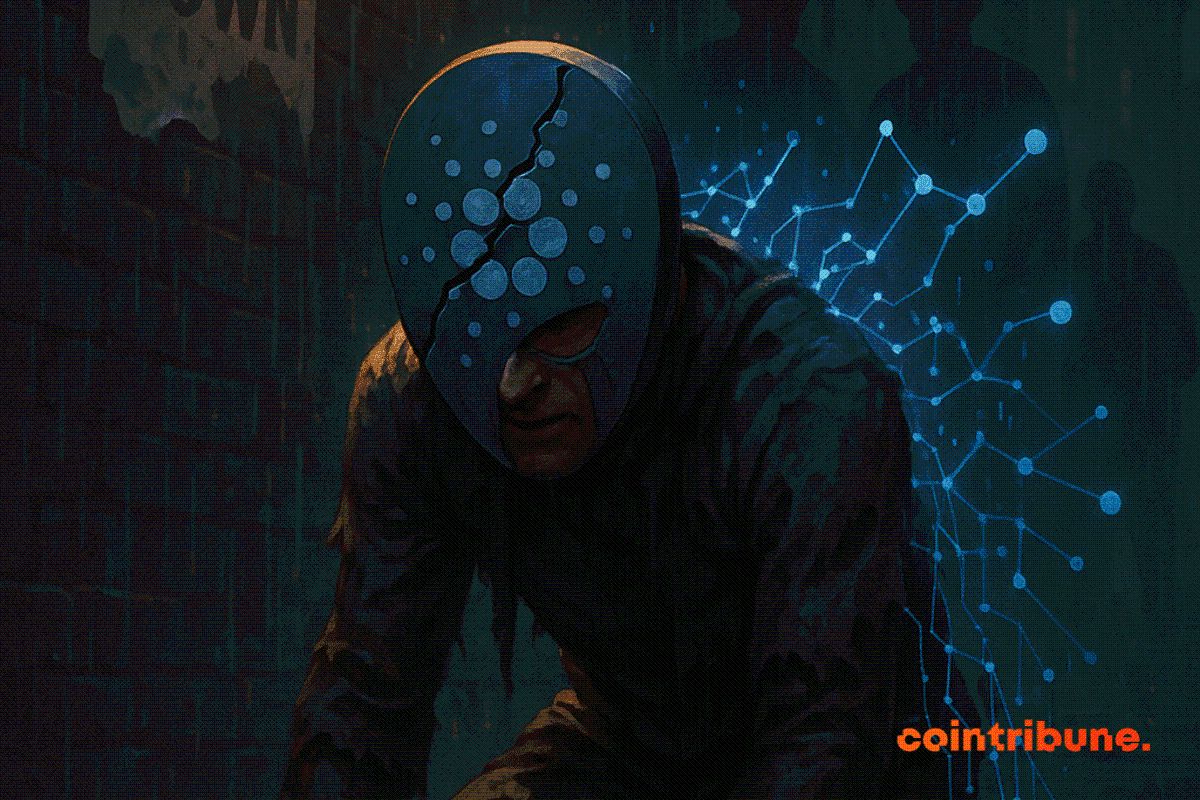WeNode and INTOverse Unite for the Next-Gen Web3 Ecosystem
WeNode and INTOverse have forged a strategic partnership to improve the advancement of a unified Web3 ecosystem. The partnership is aimed at the interaction of the WeNode infrastructure services with the identity and social interaction solutions at INTOverse and next-generation digital tools. This collaboration aims to offer users a comprehensive platform in which wallets are more than a storage of digital assets that act as a complete on-chain personality.
🤝 WeNode × @intoverse_
— WeNode (@WenodeIO) August 16, 2025
Your wallet can do more than hold assets – it’s your on-chain persona.
INTOverse is crafting the Web3 super app: crypto wallets, SocialFi, SoulBound identity, AI tools – all fused into one decentralized ecosystem .
We’re bringing infrastructure. They… pic.twitter.com/fvE6nt7h0X
INTOverse is also building a Web3 super app that integrates crypto wallets, SocialFi, SoulBound identity, and AI-based utility. By combining these aspects, the platform allows users to open only one interface to interact both socially and financially in-chain. WeNode is supposed to serve as the technical infrastructure backbone of the platform, facilitating secure and efficient operation within its decentralized network.
WeNode to Transform Wallets Into Digital Identity Hubs
The cooperation highlights crypto wallets’ changing position in the Web3 ecosystem. The identity and social functions will help wallets transform into a knowledge entry point for using decentralized applications, validating credentials, and securely connecting to social networks. This is an alternative to traditional wallet use cases, where wallets have become an important part of the digital self and social media.
The partnership facilitates more use cases in blockchain technology by allowing a seamless experience by the integration of financial and social features. These involve safe possession of digital assets, verified identity management, and social activities that are on-chain. The infrastructure provided in WeNode allows the processing of such operations reliably on the platform while simultaneously meeting decentralized security standards.
Developing User-Centric Web3 Solutions
The WeNode and INTOverse partnership is a sign of shifting towards building user-focused Web3 networks. The collaboration includes infrastructure and identity-based innovation, thus aiming to simplify access to blockchain services into a single ecosystem. The proposal aims to help users interact with decentralized networks easily and to grow digital identity and social connections on-chain.
As the platform matures, users should see the advantage of an easy-to-use secure, unified framework that links financial management, social, and identity-based applications. The collaboration highlights the continued efforts in the Web3 world to integrate technical infrastructure and better user experiences, attributable to the increased relevance of integrated, holistic environments.
Disclaimer: The content of this article solely reflects the author's opinion and does not represent the platform in any capacity. This article is not intended to serve as a reference for making investment decisions.
You may also like
Terra Luna Classic Shakes the Crypto Market with Surprising Developments
In Brief LUNC experienced a significant price decline following Do Kwon's sentencing. The court cited over $40 billion losses as a reason for Do Kwon's penalty. Analysts suggest short-term pressure on LUNC may persist, despite long-term community support.

NYDIG: Tokenized Assets Offer Modest Crypto Gains as Growth Depends on Access and Regulation

Cardano Investors Split As Market Fatigue Sets In

